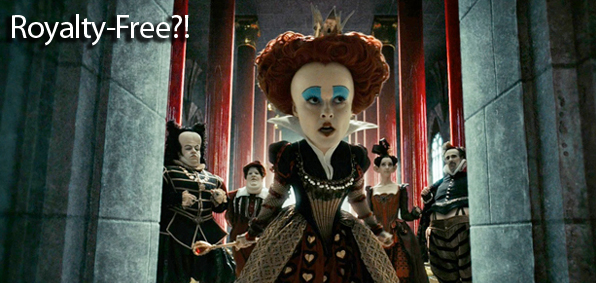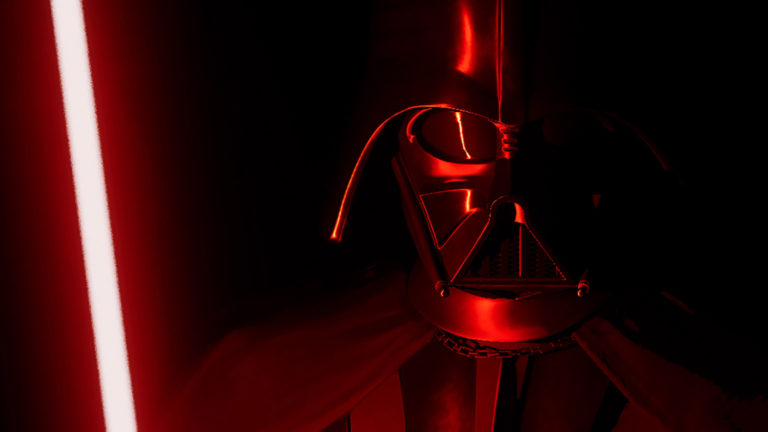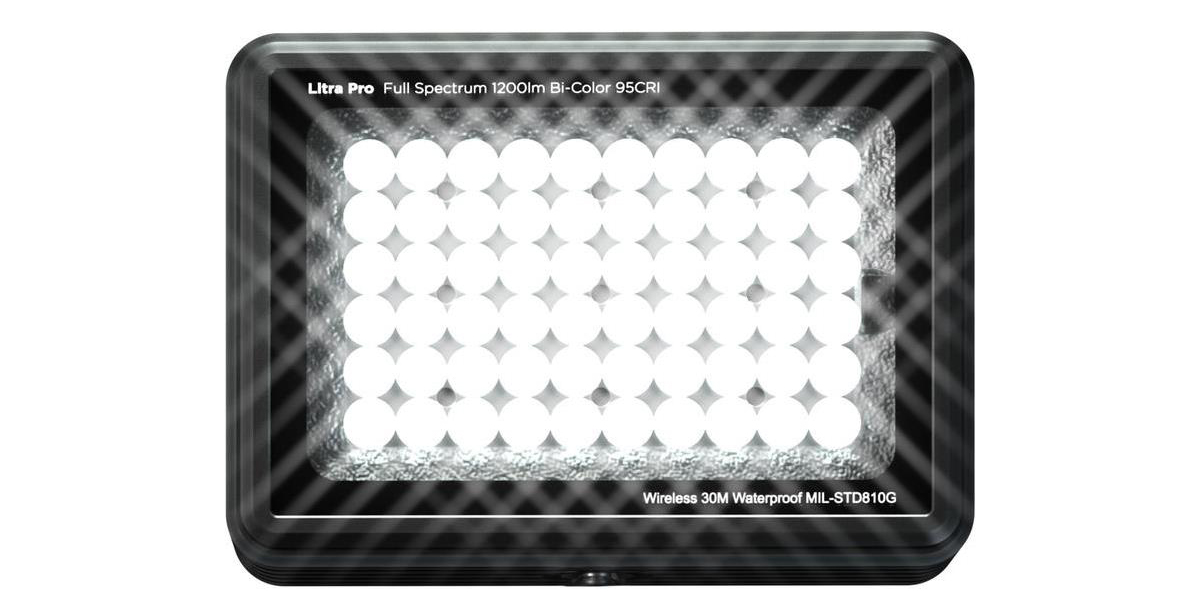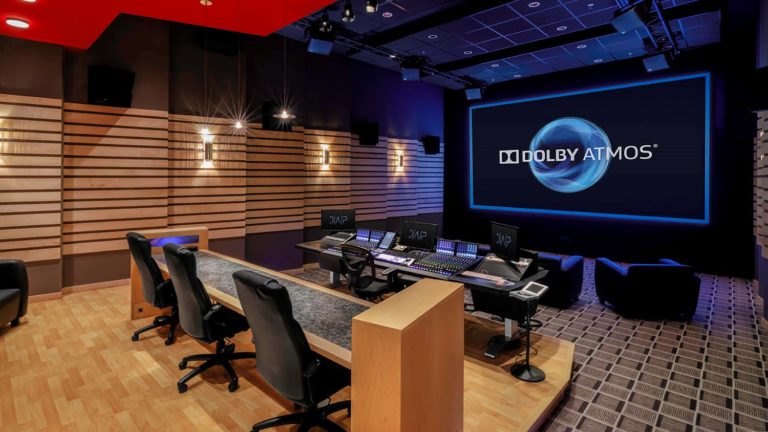Buyouts May Seem Like an Easy, One-Off Transaction, but That's Not the Whole Story
Royalty-Free vs. Licensed
First, there are two classes of music library: "royalty free" and "licensed." The difference between them is simple in theory. Royalty-free libraries offer tracks or CDs for a one-time fee, after which you can use them forever in unlimited productions. This purchase is known as a "buyout," which is why these companies are also called "buyout libraries."
License libraries offer individual tracks on a "per-use" or "needledrop" basis, with a license limited to a specific project. They also offer annual blankets – in effect buyouts on a yearly basis. The way it works is that the customer can use a set of CDs in unlimited productions for a year. Even if they do not renew their blanket, the license for music in the productions made during the year is covered forever.
So which kind of library is better for you as a producer? If you are using music in occasional productions and are looking for something fairly mainstream, you can save some money with a royalty-free library. That's because the fees per track tend to be lower than with a license library. And if you want a track you can use in multiple projects you'll save a lot of money. But – and in our DIY world this is often overlooked – you'll waste precious time searching for the right track.
If you use a lot of music you may be better off looking at an annual blanket with one of the licensed libraries. Even if you can find the music you need in royalty-free libraries, you might spend less with an annual blanket than you would buying numerous royalty-free tracks. Another advantage of licensed libraries is they allow you to try out full-res tracks in your productions without paying for them until you decide what works. Many editors and producers of long-form projects find this essential.
Even when your music needs are small, if you need something rare or very specific, you may be better off with a licensed library. That's because those libraries tend to be larger than the buyouts, offering specialty items like authentic bagpipe music or contemporary trailer music with real orchestras.
An annual blanket can also save you time, as well as money. You go through the shopping process once, after which you can get to know your library and find what you need fast.
A Question of Taste and Terminology
Musical taste is particularly subjective, so I hesitate to mention quality. Suffice it to say that buyout music was once considered to be of vastly inferior quality to licensed music. Whatever difference there might have been has been steadily eroding.
Which brings me back to my earlier semantic point that "royalty-free music" and "license library" are misleading terms. That's because the crucial issue of music rights in productions is intrinsically complicated, and these terms just further muddy the waters. I'll try to shed some light.
The term "license library" is misleading because it implies that royalty-free music is also license free. It's not – it just has a different kind of license attached to it. If it were truly license free you could package it on CDs as music alone and sell it (something no library will let you do without special permission – and an additional license.) You could copyright it yourself and own it, and sell it to whomever you choose. No library owner in their right mind would allow you to do that with their music.
Some of the royalty-free libraries try to hide the fact that they're selling a license, but if you search their websites you'll find it. They have to have it; if they didn't they wouldn't have a business.
"Royalty-free music" is misleading because ALL library music, including that from the "license" libraries, is equally royalty free. Music libraries almost never require producers to pay royalties.
What is confusing is that most libraries of both types collect royalties – from ASCAP and BMI, for public performances. Who pays for them? Broadcasters, like radio and TV stations. So unless you are one of them, you never have to worry about paying royalties.
So "royalty-free music" has nothing to do with royalties. So what's its appeal? Like "hassle free" or "worry free" it addresses a fear. But if producers never pay royalties, what are they afraid of? One thing producers fear is paperwork. They hear that license libraries will require them to fill out reports on what they use. Actually, that practice was mostly abandoned years ago. What many libraries of both kinds still require is cue sheets for broadcast. So producers who don't like paperwork should fear both kinds of library.
Producers' great fear is that somewhere down the line they will discover that their music license does not cover some new use of their production. They licensed it for national broadcast and now they want to play it in multiple countries. Or it is licensed for sale of up to 5,000 copies but they want to sell more. Worst case, they didn't understand their license and they get sued by the libraries. (Libraries like to keep their clients, so they don't often do this. What they will typically do is ask for more money if they find their music being used outside of the limitations of the license.)
The original appeal of royalty-free music was that you paid once and never had to give it another thought. In the beginning that was the case with some libraries – they truly allowed you to use the music for anything.
Recently, however, that's changed. You may have to dig in the fine print to find it, but most royalty-free libraries restrict how many copies of a production you can sell. If you exceed that amount you need a new license. Other royalty-free libraries charge different prices for different types of broadcast, or for music-on-hold, which in effect is closer to the per-use model of the licensed libraries.
Whichever type of library you choose, be sure you understand just what your license covers. We all get software updates, skip over 30 pages of legal fine print, then click "Agree." This is one case where it pays to read your contract.
John Manchester has worked as a composer, producer and publisher in the music library business since 1983 (www.manchestermusiclibrary.com/). His pieces have logged over 30,000 usages worldwide on radio, television, the Internet and corporate communications. His articles have appeared online at Salon and Talking Writing.

Crafts: Audio
Sections: Business Technology
Did you enjoy this article? Sign up to receive the StudioDaily Fix eletter containing the latest stories, including news, videos, interviews, reviews and more.











Leave a Reply